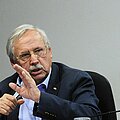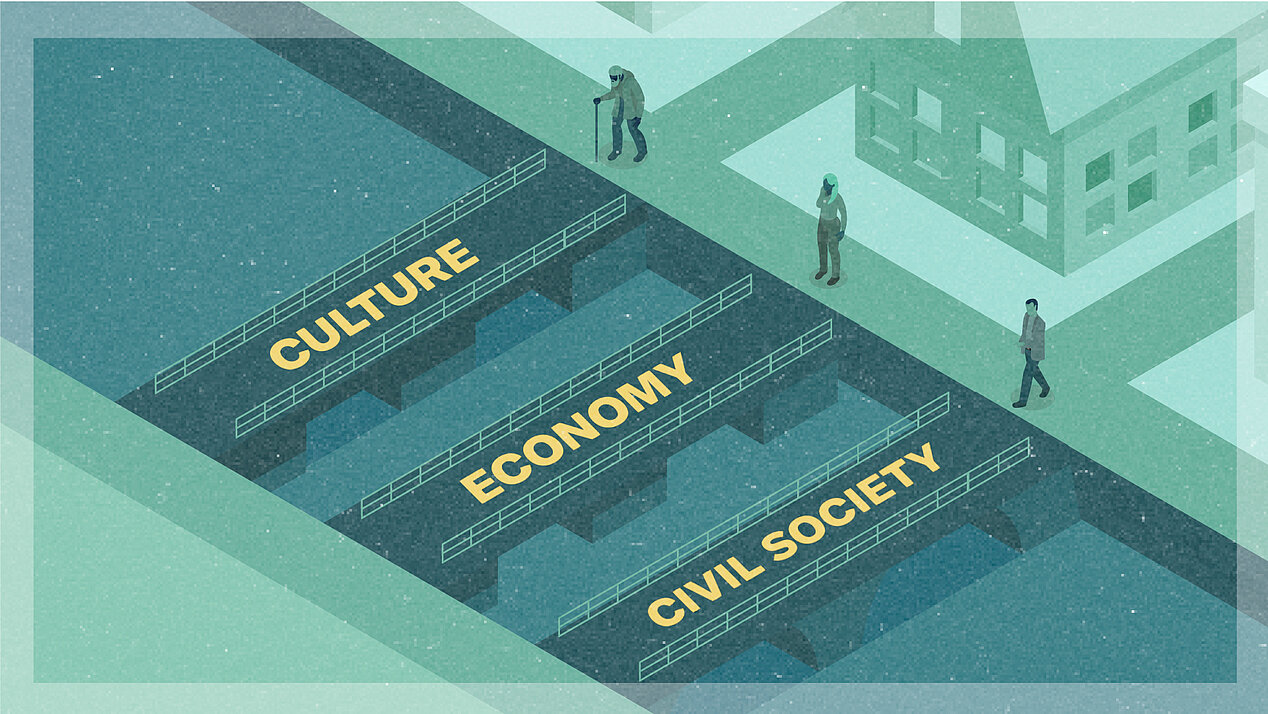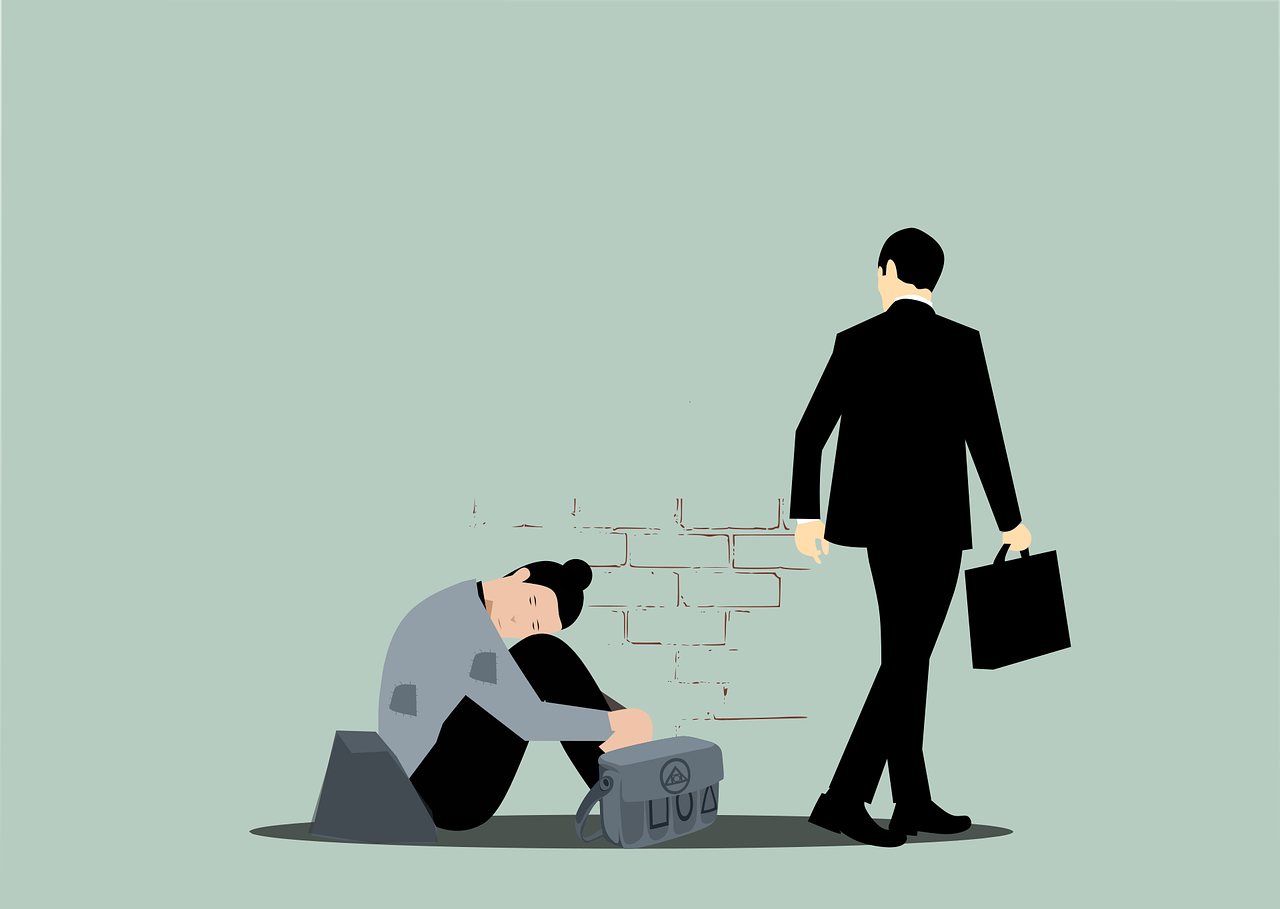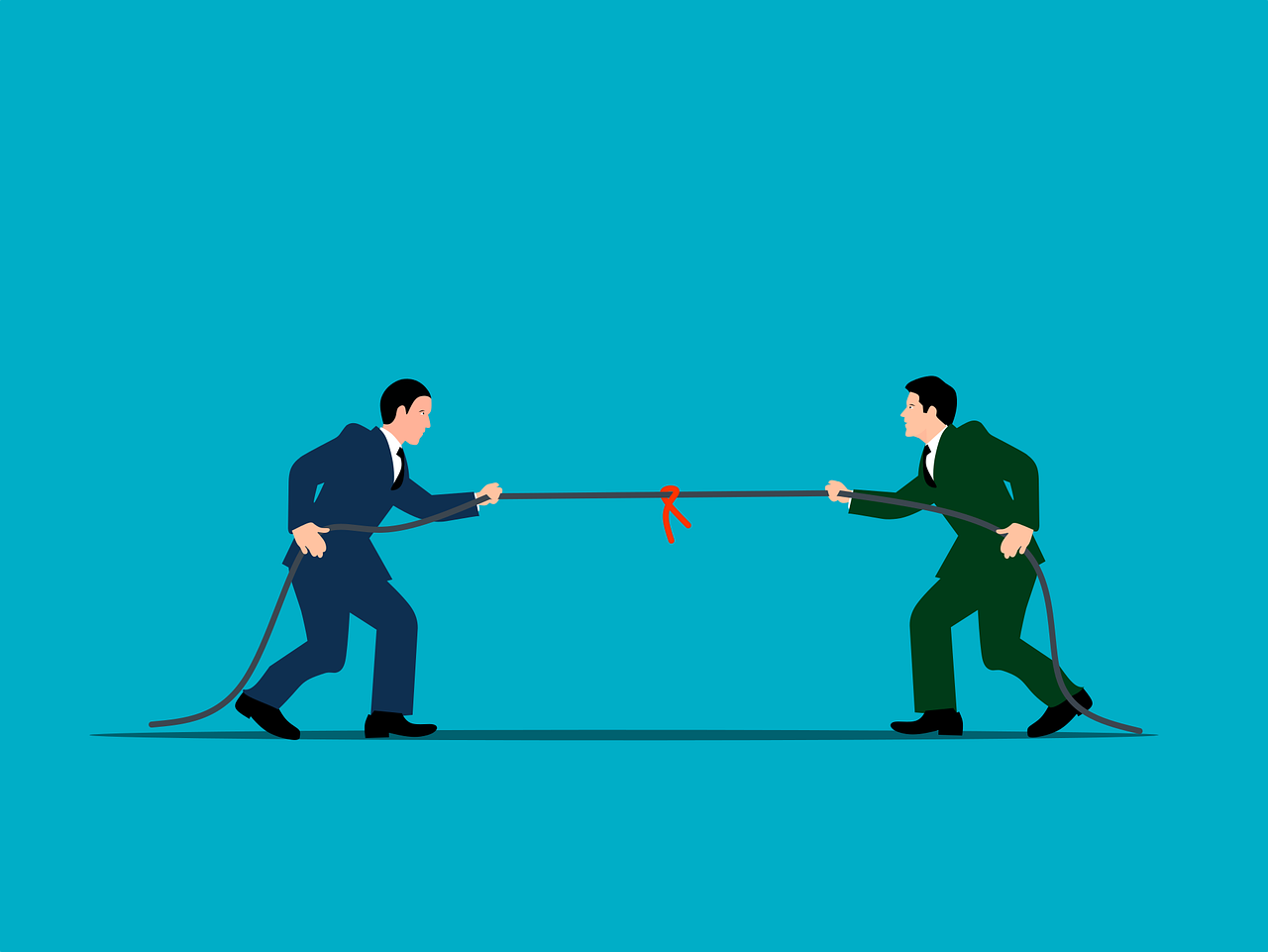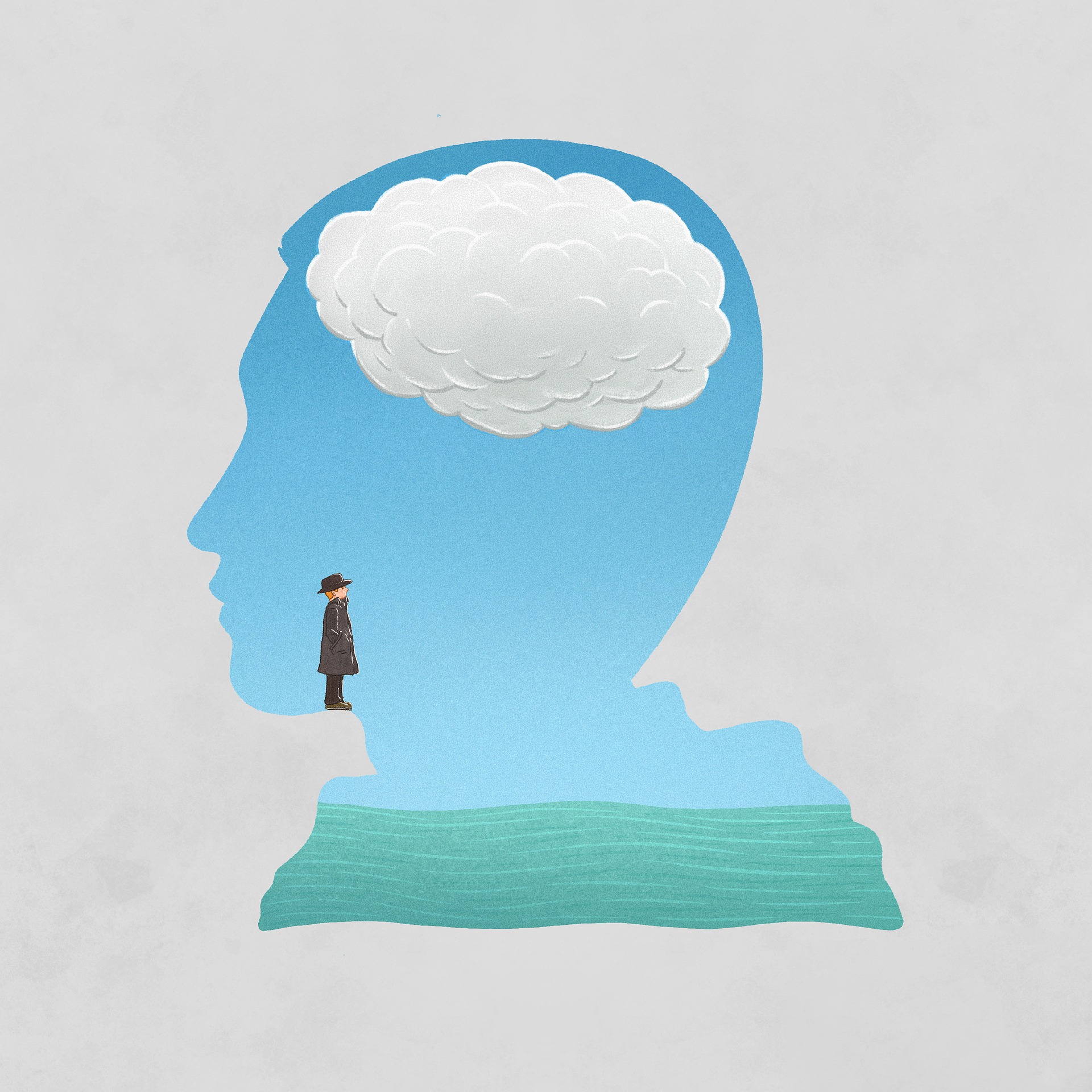What we learned from the Brazilian experience, is that responding to a basic necessity at the bottom of the social pyramid generates a series of key parallel transformations that are essential.Having to reach the poor individually means ensuring we have the organisational capacity, contacts with communities, a cadaster that uses churches, schools, hospitals and health centres, as well as community-based organisations, resulting in a permanent support system for the poor.
This in turn makes it much easier to reach down the social ladder with health and education support, basic infrastructures, and the like. In other terms, the power of appeal of such an issue as eliminating hunger, in particular in children, can bring about much wider structural change.
In Brazil it worked, on a big scale, and we have all the expertise to bring it to global scale. It has been brought down by the same interests we see working on the global scale, but ten years (2003- 2013) of simultaneous economic growth, social progress and environmental policies show it is structurally sound and sustainable.
Tackling the hunger scandal in this rich world could be a powerful tool to bring civilisations together.
From the economic point of view, it not only costs very little, but generates more savings than the distribution costs. Improvement in nutrition results in a significant reduction in the use of health services. Consumption of basic daily goods also generates a more dynamic market of local production, with an impact on investment and jobs. It is a win-win process. Tackling the hunger scandal in this rich world could be a powerful tool to bring civilisations together.
Is this cultural? Will it reduce tensions? Not immediately, but it certainly is a bridge.
Different bridges can certainly be built according to different situations, but this goes far beyond building refugee camps and setting up a UN rescue mission. This is not quantum physics: we must bring relief to where it hurts most, on a radically new scale, and keep on bringing humanity together. This is, quite specifically, cultural change.
